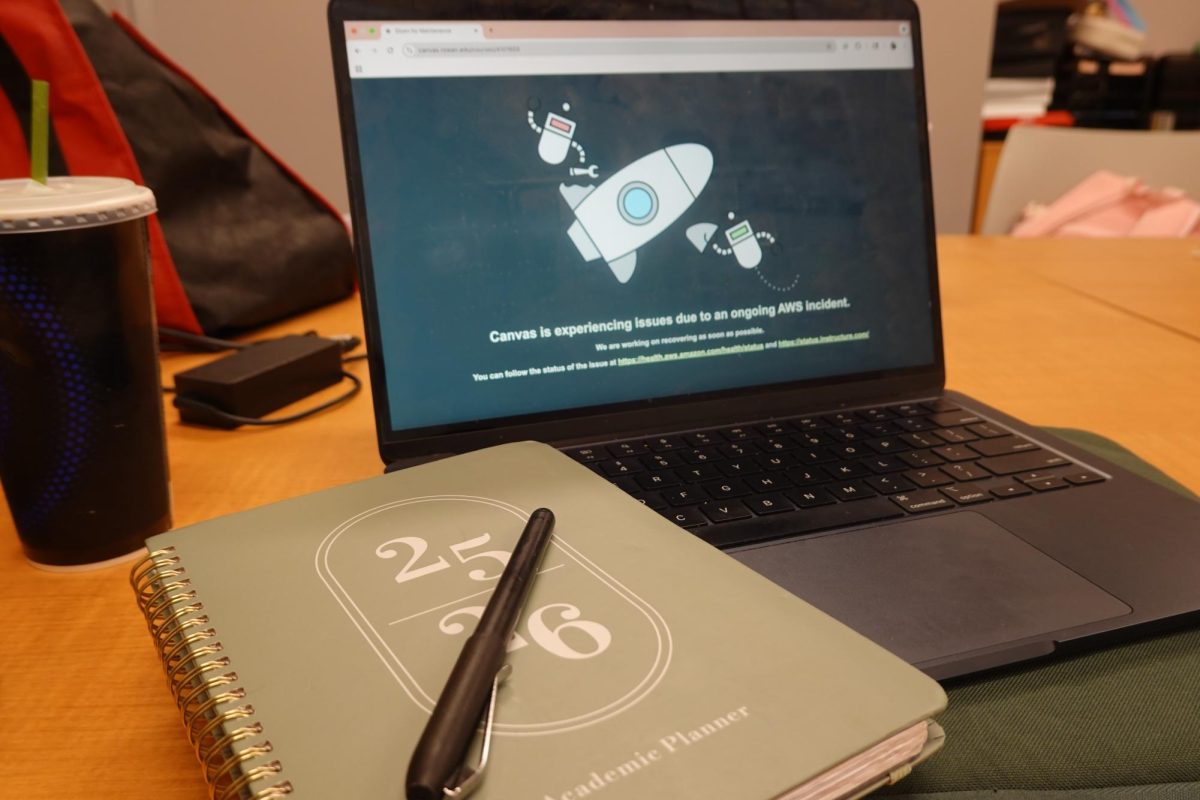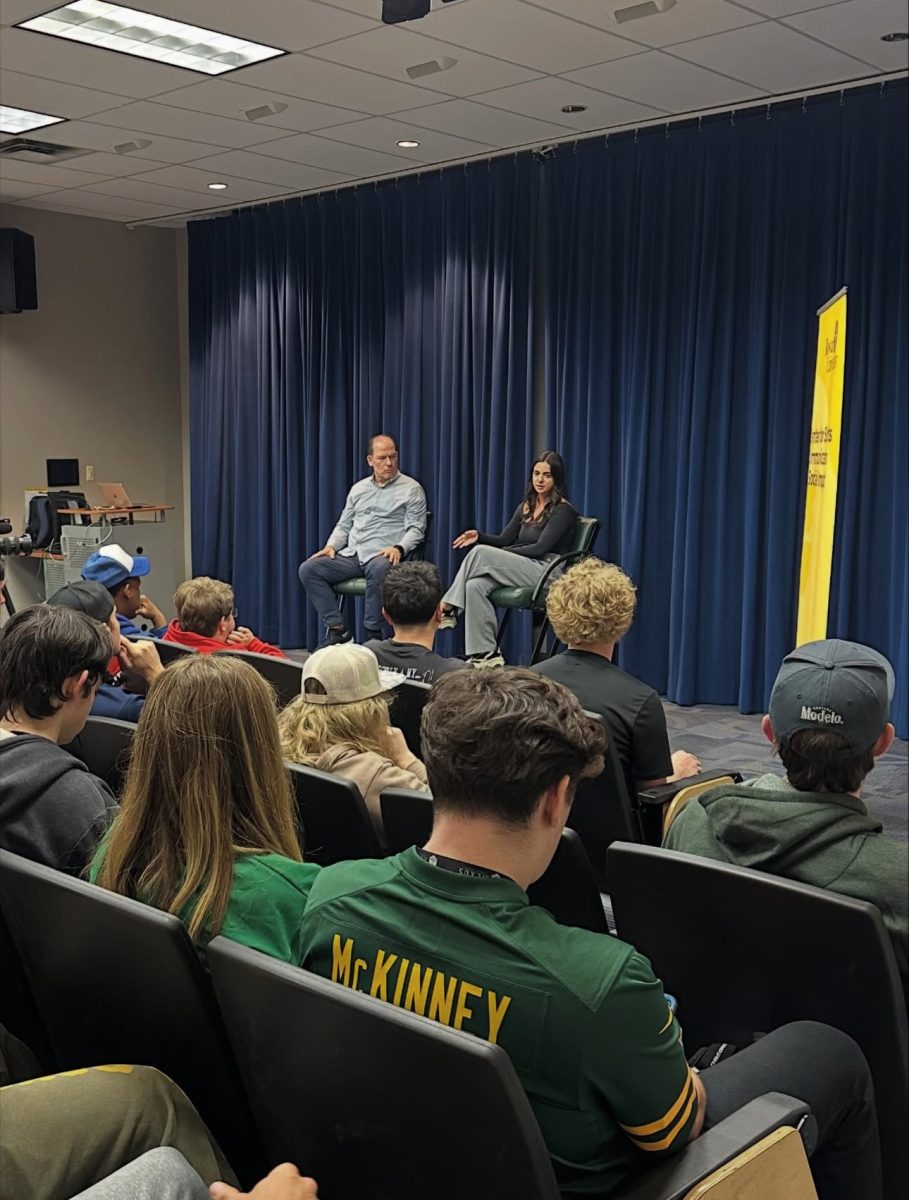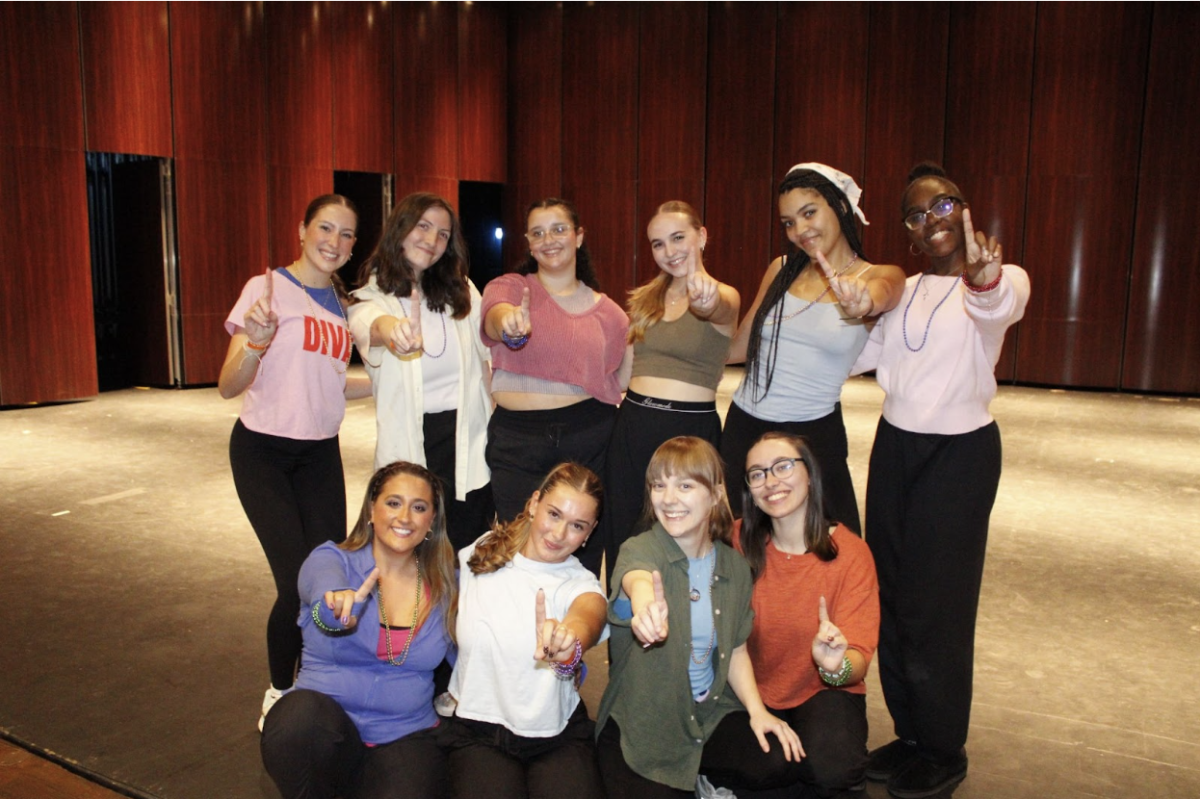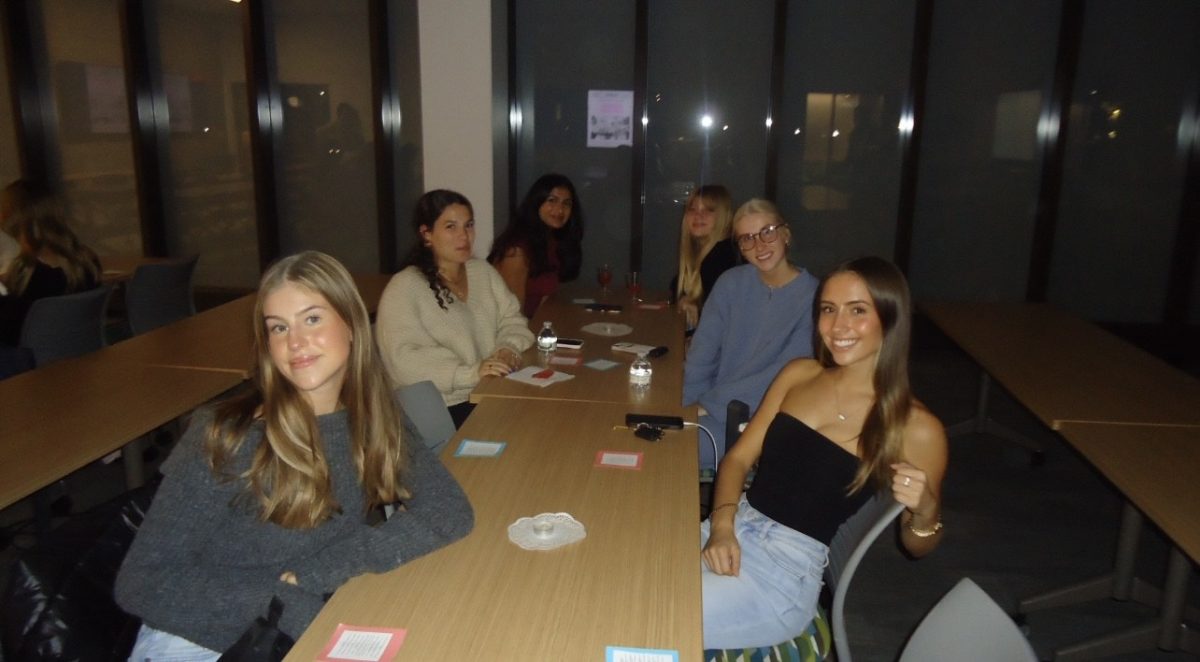Following the presidential debate on Sept. 10, even if you don’t follow politics at all, you’ve probably caught a stray sound bite or two. Something about immigrants eating dogs and cats, or concepts of a plan, or even the transgender operations on detained illegal aliens. The usual political talking points, obviously.
This sound bite economy, driven by short-form content platforms like TikTok, Instagram reels, and YouTube shorts, is drastically shaping the political landscape. Watching this debate you could immediately see who had been trained to capitalize on this content, and who had not.
Kamala Harris striding across the stage to shake Donald Trump’s hand, moment-to-moment reactions to Donald Trump’s responses, taking every opportunity to speak to the camera and by extension the American people, and frequently goading her opponent into minutes-long rants (usually not about the topic at hand) created many, many moments perfect for both Harris’ campaign socials as well as the hobbyist comedian.
That is at the crux of this debate. It is a genuine concern viewers raise when they point out that Harris didn’t answer questions, such as at the start of the debate. Moderator David Muir asked, “When it comes to the economy, do you believe Americans are better off than they were four years ago?” Harris responded by delivering a 2-minute speech not on the current economy, but rather on her own economic intentions as president, and a retelling of what she believes Trump’s plans to be.
The Harris campaign frequently does not want to answer questions directly. I firmly believe that instead, they are trying to simultaneously capitalize on the disillusionment of the American people with politics as a whole, and take advantage of short-form content. In 2023 the Pew Research Center found that 65% of Americans are exhausted when they think about politics. How is an exhausted society supposed to find interest in whether Harris believes citizens are economically better off now than under Trump?
Instead, she paints herself as relatable, discusses plans of action and hope, and disparages her opponent and his intentions; a speech that has been clipped and shared likely from the moment it came out of her mouth.
This tactic set Trump and his campaign immediately on the back foot. Clearly, they were not prepared for the consequences of Kamala Harris doing things like inviting people to attend Donald Trump’s rallies to take in the “bizarre” sights and sounds of people leaving amidst rambling. This moment clipped on social media platforms in its own right, was followed by a response from Donald Trump assuring audiences at home that his campaign, “has the biggest rallies, the most incredible rallies in the history of politics.” Getting him off-topic, even if it costs her a straightforward answer, pays dividends in the world of social media.
This is most evident when Harris mentions the $400 million Trump’s father gave him throughout his life, followed by his filing for bankruptcy 6 times. An obvious sore spot for Trump, his response appears almost frantic. He begins by claiming he only received a “tiny, tiny fraction” of $400 million from his father, and ends with a rant some viewers might have been pleased to watch, assuming they were playing right-wing-talking points bingo. Each moment of this speech was clipped, but none as much as Trump claiming Harris, “wants to do transgender operations on illegal aliens that are in prison.”
Harris’s approach to this debate was calculated: from the handshake to her responses, to the sound bites themselves. Harris telling viewers that “Trump was fired by 80 million people,” is a moment as coordinated as the ones that come before and after it.
Anyone who accuses Harris of being trained on the debate is correct. In a TikTok of Harris in a spice store, she comments on being glad to be in the store and not prepping for the debate. But, this accusation is not the negative some think it is. Her team is working around the clock to plan out what will create the moments necessary to get her name in American’s mouths and on their minds, and that includes honing debate tactics that yield the exact sound bites she wants.
These strategies are available to the Trump campaign, but if history is any indication, I’m afraid former president Donald Trump is unlikely to consider the moment-to-moment clipping of his actions. This is to his detriment, though he may not think so. Trump’s populist approach of appealing to the opinions and prejudices of the common man made for easy sailing in the face of an opponent like Hillary Clinton, who attempted to take the high road amidst never-before-seen waves of hate and misinformation. However, in this election against Kamala Harris, the Trump campaign is in for rough waters.
The majority of students here at Rowan and at universities across the nation likely learned all that they know about the debate from the social media posts that thrive on these soundbites. I can’t be the only one who heard that remix of Trump saying, “They’re eating the dogs, they’re eating the cats.”
I encourage you, if you haven’t, to instead just watch the debate for yourself, start to finish. Social media is an outstanding jumping-off point for the exchange of information, but quite frankly you’re never going to truly understand a situation from watching an onslaught of unserious TikTok videos. Take the time to learn about our candidates outside of social media. Register to vote, and be prepared come November to make a choice based on more than just memes.
This debate cemented the ideals of each candidate, but more to the point highlighted how they intend to make it to the White House. I think it’s clear that old habits die hard, and I’m interested to see how social media continues to change the landscape of the presidential election and the events leading up to it.
For comments/questions about this story DM us on Instagram @thewhitatrowan or email [email protected]


































































































































































































